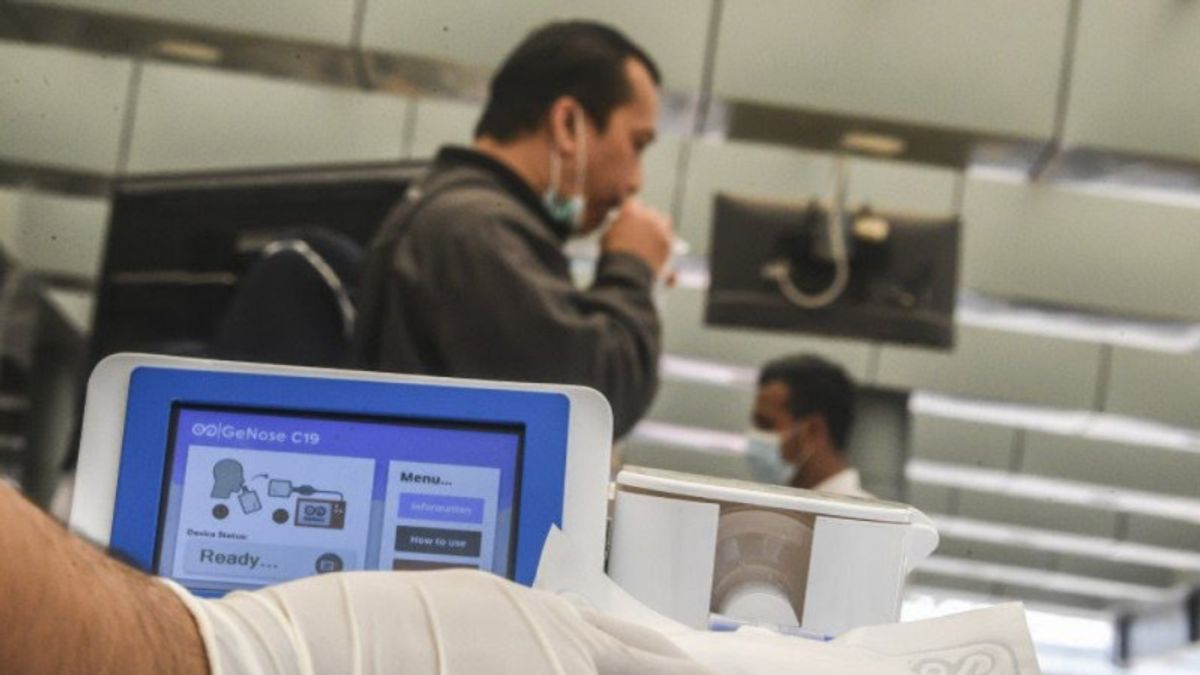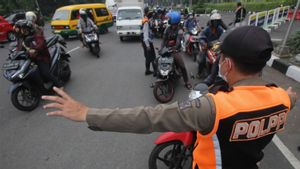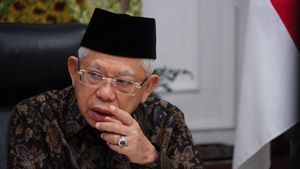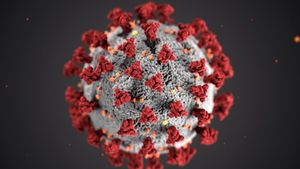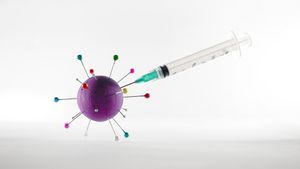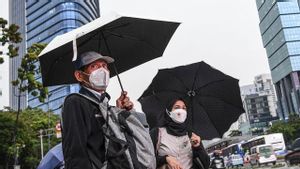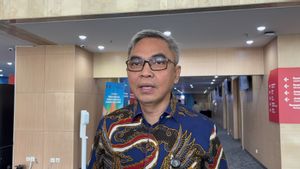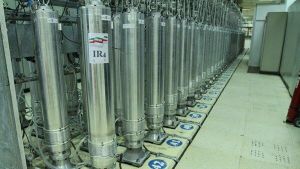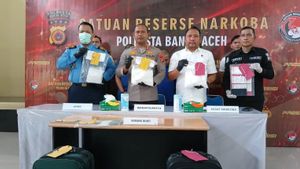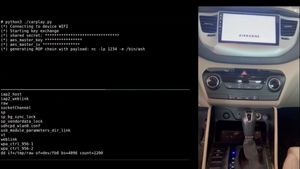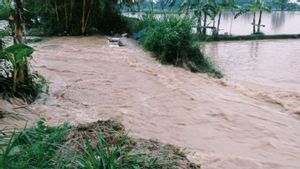YOGYAKARTA - The GeNose C19 research and development team from Gadjah Mada University (UGM) confirmed that the GeNose C19 distribution permit is still valid so that it is still used in public facilities in various sectors of society.
The spokesperson for the GeNose Team, M. Saifudin Hakim, said that the information that said the GeNose C19 was officially prohibited from being used as a condition for transportation trips and even the distribution permit was withdrawn was incorrect.
"There is a lot of negative news and even tends to be untrue about GeNose, which must be clarified to the public," he said, quoted by Antara, Wednesday, July 7.
Saifudin assessed that the untrue information circulating recently was a unilateral conclusion to the Emergency PPKM policy which did not include GeNose as a condition for traveling.
He explained that the GeNose C19 usage holiday in the transportation sector was used by the GeNose Research and Development Team to add data for new variants of the COVID-19 virus to its intelligence.
The External Validation Test is still being carried out by the GeNose C19 so that it helps the "electronic nose" sniff out COVID-19 suspects more accurately in real use situations in the field.
"GeNose's accuracy is still at 93-94 percent and we will continue to improve it," he said.
According to Hakim, the addition of new variants of COVID-19 data will further strengthen Artificial Intelligence (AI) and the accuracy of the GeNose C19. The GeNose C19 must continue to be used in real situations to make it smarter.
"The GeNose C19 is like a nose and an electronic brain. If both are trained simultaneously, we will have innovative technology that is practical, simple, and precise," he said.
Currently, he said, GeNose C19 is still being used as a screening tool in various sectors and activities, including offices, campuses, Islamic boarding schools, and corporations.
"This GeNose C19 operator has nothing to lose by having the GeNose C19. In the future, we can develop the GeNose C19 to detect other respiratory-related diseases, not only COVID-19. Only by replacing the 'brain' earlier," he said.
SEE ALSO:
The judge also dismissed public doubts about the GeNose C19's ability to detect possible COVID-19 in users.
"Our data shows that GeNose C19 is able to detect suspected COVID-19 positive users in the travel corridor," he said.
He said the data reflected a nine percent positivity rate in the population of would-be walkers who were asymptomatic or feeling well. This figure is close to the national average positive rate of 14 percent.
The English, Chinese, Japanese, Arabic, and French versions are automatically generated by the AI. So there may still be inaccuracies in translating, please always see Indonesian as our main language. (system supported by DigitalSiber.id)
